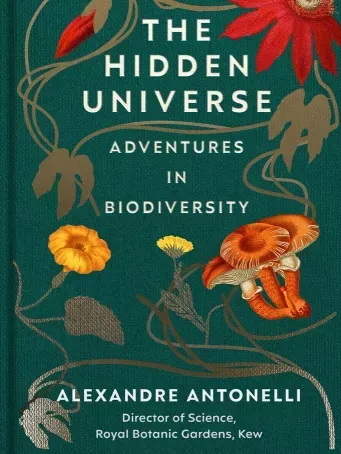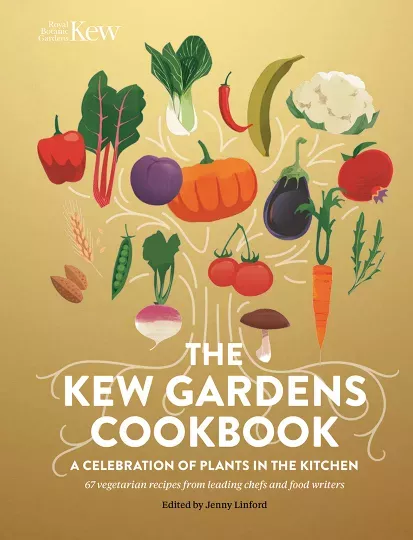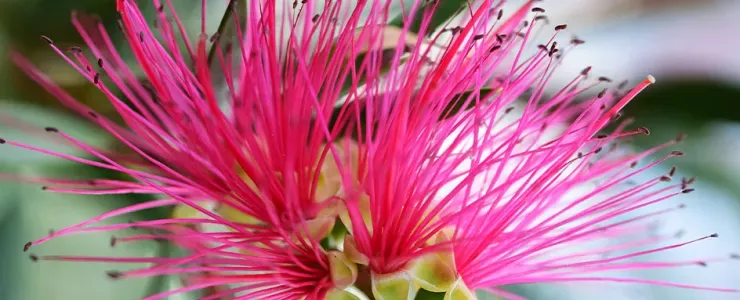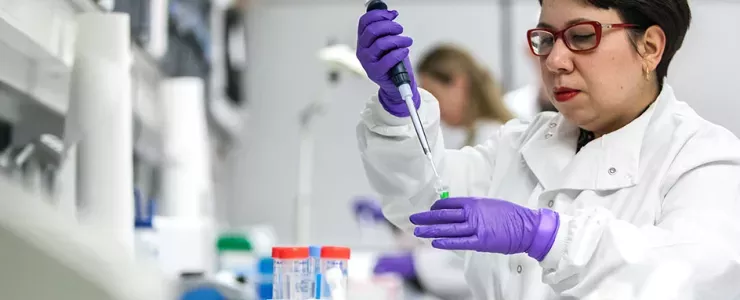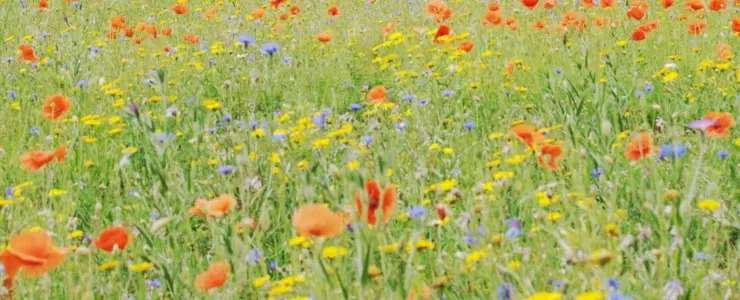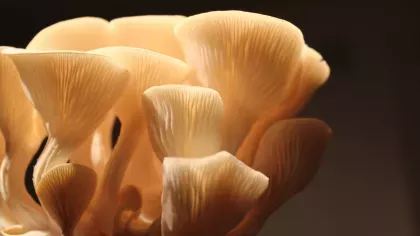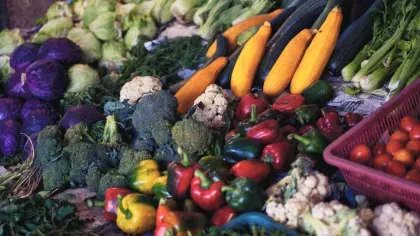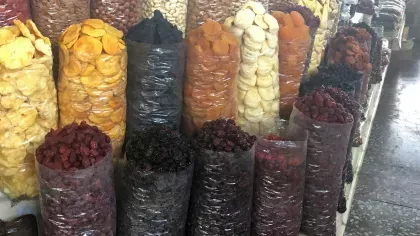15 December 2022
How to eat more sustainably
Follow these top tips to create a climate-friendly kitchen and do your part for the people and planet.

In our latest podcast series Unearthed: Journeys into the future of food, presenters James Wong, Advolly Richmond and Poppy Okocha explored how our relationship with food is impacting the health of the planet.
Across the series, we looked at how we can transform our own dining and cooking habits for a more sustainable planet.
While the threats to food security may seem daunting, we can all play a critical role.
Here are some positive changes you can make to your day-to-day life to transform our planet for good.
1. Eat more plants and reduce the amount of meat and dairy in your diet
Cutting out meat from our diets and replacing with sustainably sourced plant alternatives will have one of the biggest positive impacts on biodiversity, climate and the environment.
If everyone in the world switched to a plant-based diet, the amount of land required for agriculture would be reduced by 75%. In doing so, we'd save nearly a tonne of greenhouse gases per year, reducing our environmental footprints substantially.
Not only will a more plant-based diet benefit the health of our planet, but it will improve our own health and wellbeing too.
Dr Megan Rossi, the Gut Health Doctor, recommends we eat something from the 'super six' most days: whole grains (e.g. oat, barley, rye); legumes (e.g. chickpeas, lentils, beans); fruit; vegetables; herbs and spices; and nuts and seeds to ensure better overall health and gut health.
You don't have to cut out the foods you love – just add plants!
The Kew Gardens Cookbook celebrates plants in the kitchen with leading chefs and food writers, including Yotam Ottolenghi and Ching-He Huang MBE.
Here’s a sneak peek of vegetarian recipes from around the world to provide inspiration when cooking with plants — everything from simple midweek dinners to show-stopping bakes.
2. Commit to reducing food waste from your kitchen and recycle any plant scraps into compost
One third of all the food produced globally is thrown away each year.
According to FAO, if we were to save all food waste, it would feed 2 billion people – that’s more than twice the number of malnourished people in the world today.
Leading chefs Tom Hunt and Max La Manna, among others, champion sustainable eating in their recipes that use whole foods and leftovers that are typically destined for the bin.
Think twice before you throw away the butt of the bread or carrot tops – there’s a no waste recipe for that!
Anything left over from your kitchen that can’t be made into a delicious dish can be turned into free compost to reuse in your garden or a green space near you – find out how to make you own compost mix.
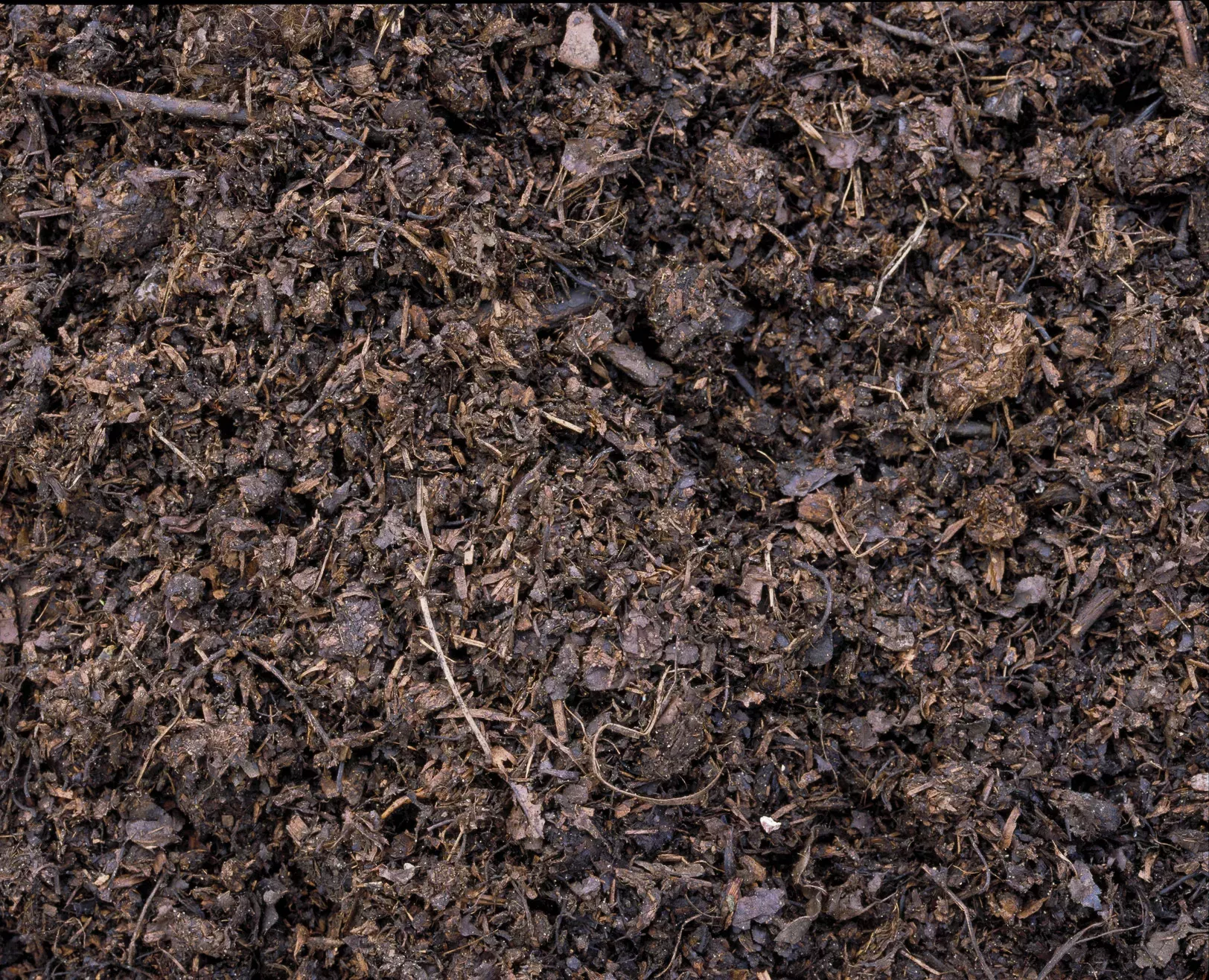
3. Grow a food plant indoors, in a window box, or in your garden
In the United Kingdom, 45% of the food eaten is imported.
To help the environment and live more sustainably, why not grow your own?
Kew Kitchen Garden expert Hélèna Dove explains the best vegetables and herbs to grow on your windowsill in the film below.
Got a bit more space to work with? Here are five steps to growing vegetables that are good for you and the planet.
Don’t forget to celebrate your growing, harvesting and cooking a meal with friends, family and neighbours.
4. Join a local green initiative, food growing garden or citizen science project in your neighbourhood
From planting trees, volunteering at recycling centres or joining a community allotment, you’d be surprised how many green and sustainable initiatives are taking place right on your doorstep. Check out your local council website to see what’s on offer.
Here at Kew, we work with refugees, asylum seekers, people in crisis and those struggling with homelessness, inviting them to grow with us on our allotment.
Our community allotment at Kew Gardens is a welcoming and friendly place. Here, people take part in gardening sessions that are inclusive and open to every ability.
Find out more about our Community Horticulture Learning Programme
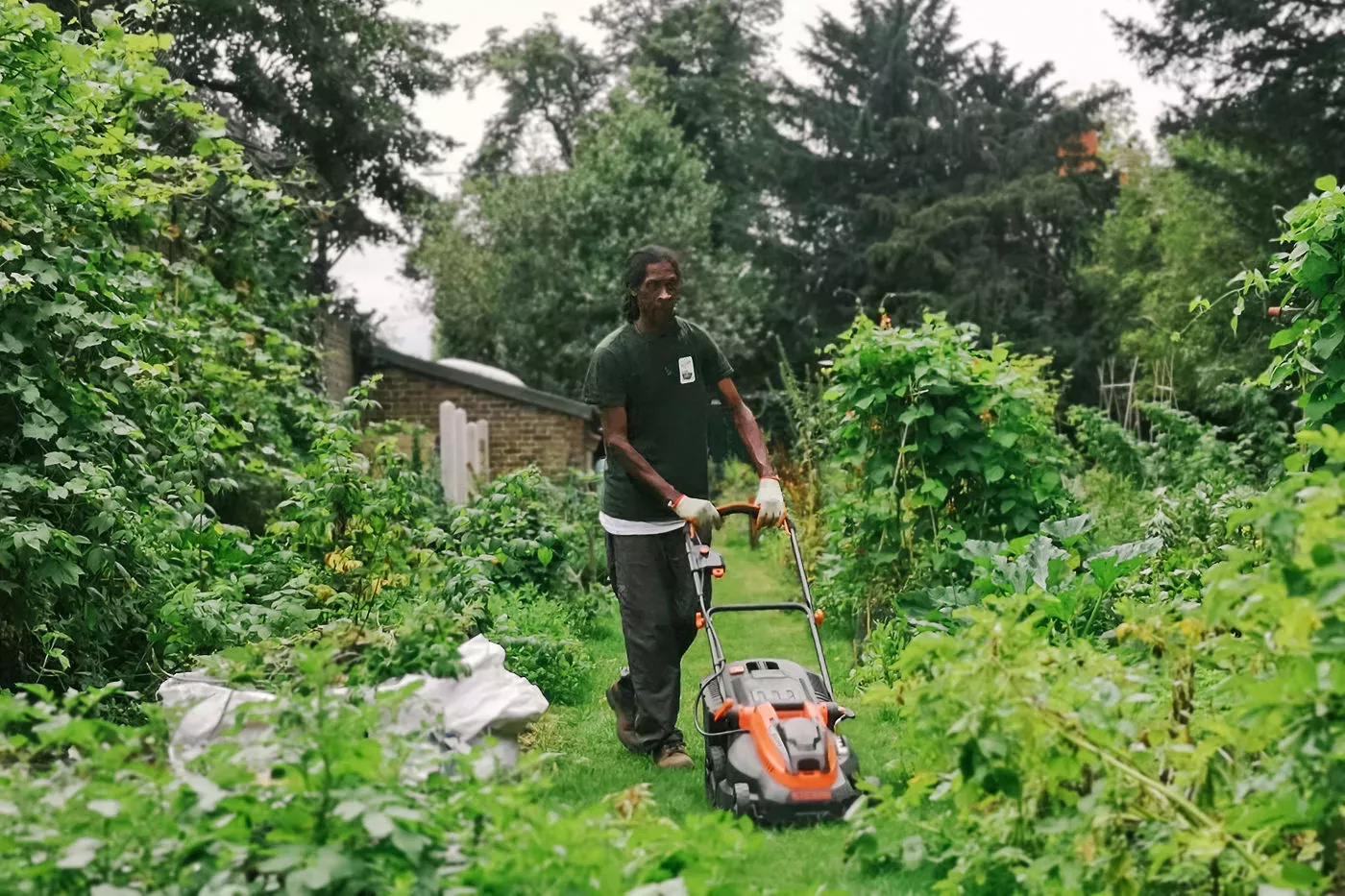
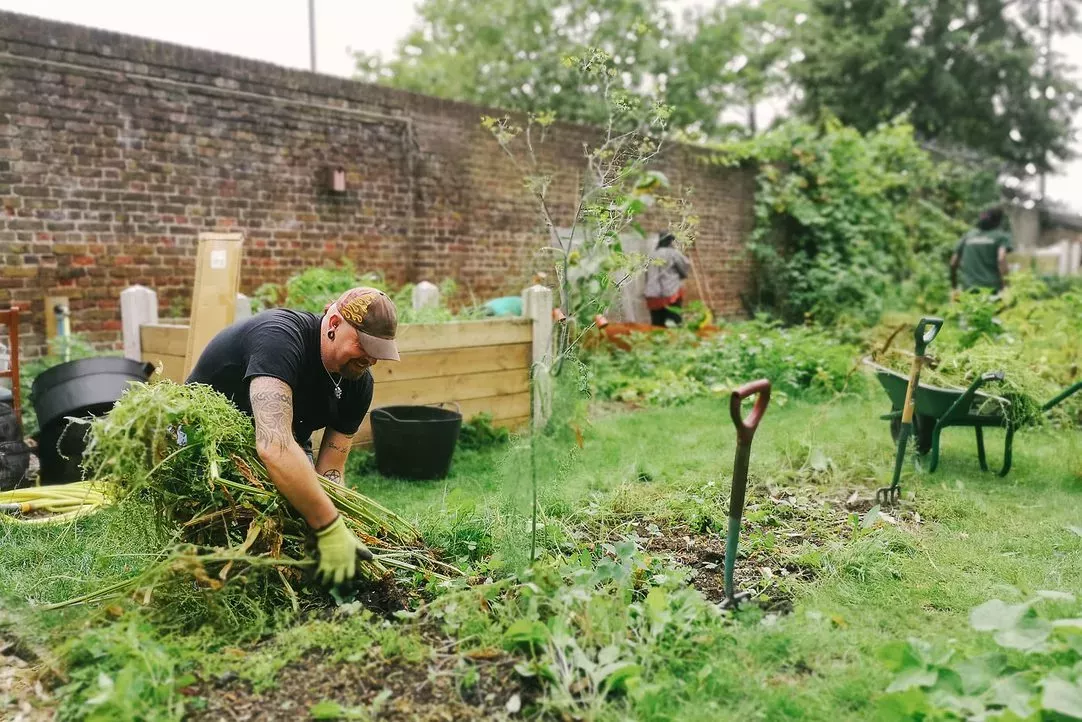
5. Join, donate, discover – and directly support Kew’s scientific research
At Kew, we are committed to finding nature-based solutions to climate change and to helping ensure food security.
Kew collaborates with researchers and institutions worldwide to study biodiversity, support food security and promote sustainable agriculture.
In the field, Kew scientists study and protect food-providing ecosystems and work with local communities to identify and cultivate future crops.
In the labs, we investigate plant properties to encourage their preservation and sustainable use.
Over at the Millennium Seed Bank, we conserve and research the regeneration of seeds from species threatened by the climate crisis – including crop wild relatives and wild edible plants that might otherwise be lost forever.
Beyond the work of scientists, the choices that we all make are part of the solution.
By supporting Kew, you can help us tackle critical global challenges from climate change to food security and protect the future of our plants.
Join us by stepping into the future of food and make simple, everyday adjustments to what and how you eat to help us combat biodiversity loss and mitigate the devastating impacts of climate change, transforming our planet for good.
